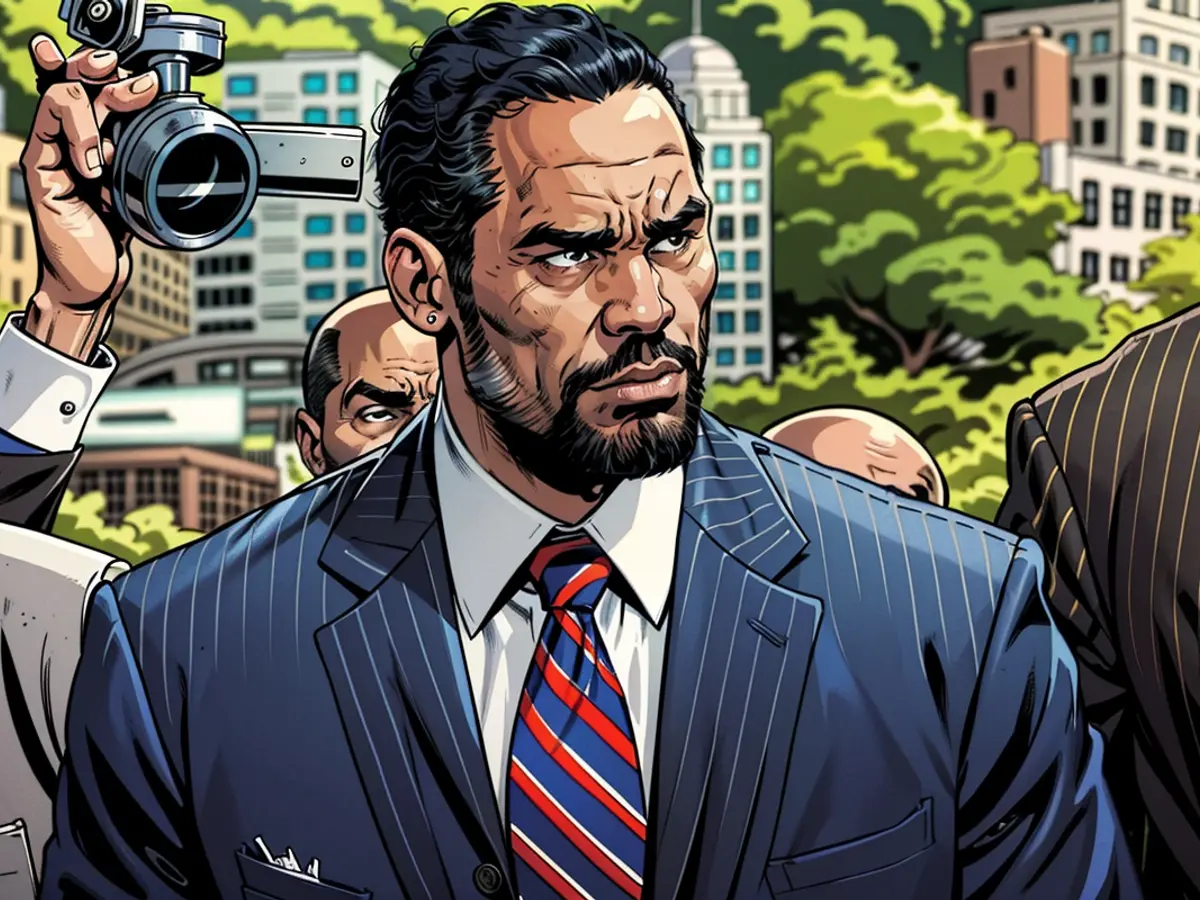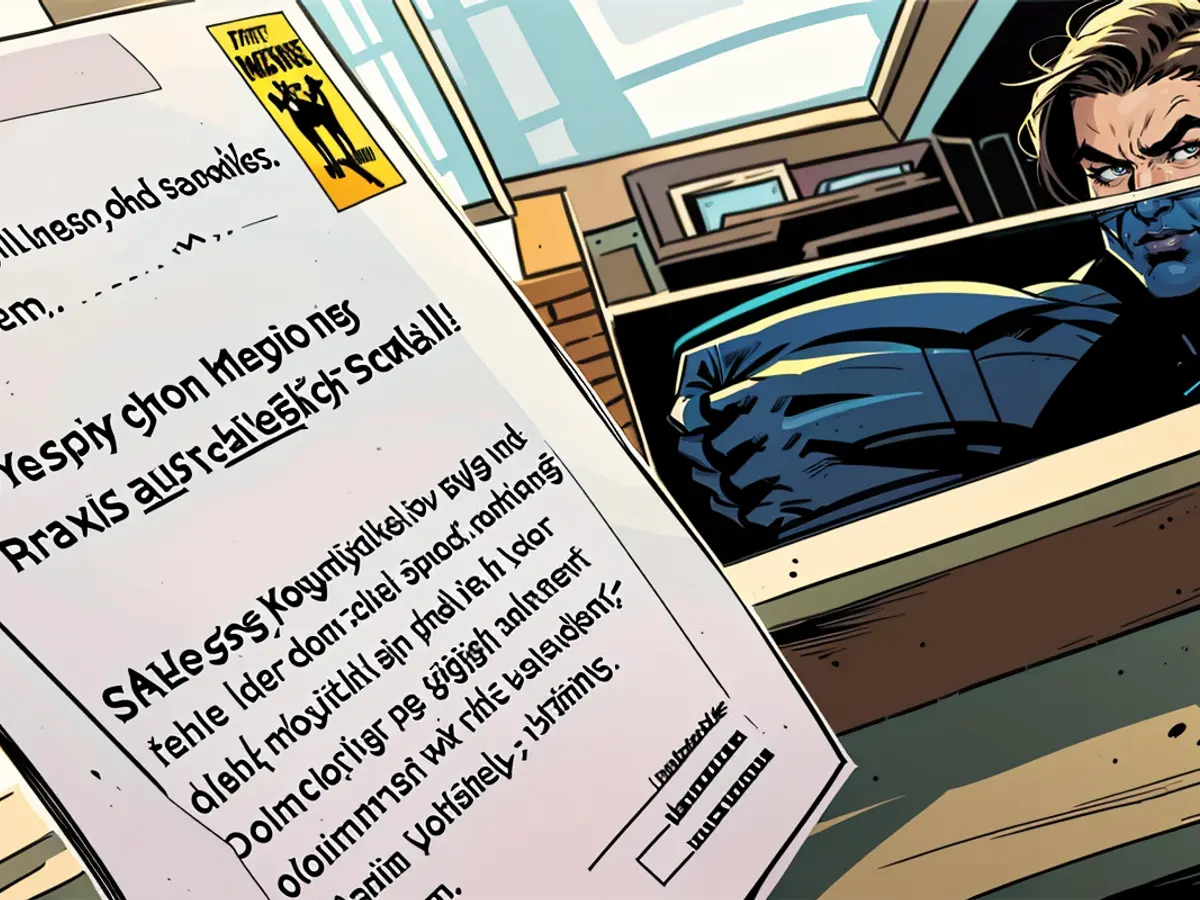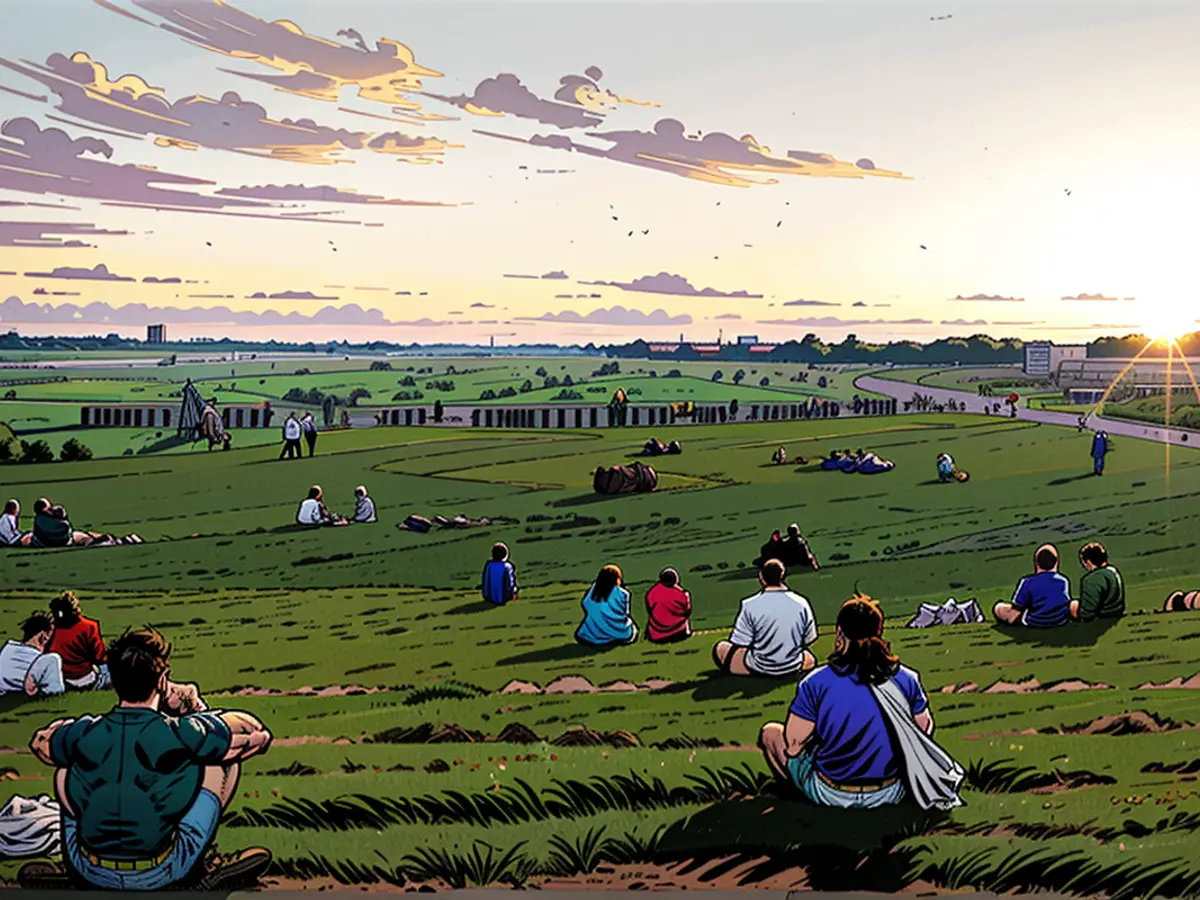R. Kelly petitions US Supreme Court to overturn sex crimes convictions based on statute of limitations
The disgraced R&B singer’s defense attorney, Jennifer Bonjean, has filed a petition to the US Supreme Court, requesting to throw out his Chicago conviction for possession of child pornography and enticing minors to engage in sexual activity, claiming that the charges should be barred by the statute of limitations.
R. Kelly was already serving a 30-year sentence for sex trafficking, stemming from his 2021 New York case, at the time he was convicted of child pornography in Chicago for which he was sentenced to 20 years in 2023. He is also appealing the New York conviction, though that case is not part of the high court petition.
In the petition, Bonjean argues that the musician was wrongly retroactively prosecuted under a federal law – the PROTECT Act – which passed in 2003 and made the statute of limitations indefinite for sex crimes with minors.
Bonjean argues that the conduct for which R. Kelly was convicted occurred in the 1990s – before the law that expanded the statute of limitations passed.
“Defendant’s charges were time barred,” the petition says. “Because Congress did not expressly state that the PROTECT Act should apply retroactivity and even rejected a version of the bill that include a retroactive provision, the PROTECT Act did not extend the statute of limitations and Defendant was convicted of time-barred offenses.”
R. Kelly has already tried to appeal his conviction, based on the same statute of limitations argument, which was upheld by a federal appeals court this past April. Judges rejected Bonjean’s argument, stating in their decision that “it is not unconstitutional to apply a newer statute of limitations to old conduct when the defendant was subject to prosecution at the time of the change, as Kelly was in 2003.”
With that appeal rejected, Bonjean has now escalated her claim directly to the Supreme Court. The high courtaccepts very few petitions to hear a case each year, and the Department of Justice still has a chance to respond and oppose the petition.
Bonjean represented Bill Cosby in his successful appeal in 2021, which was also based on a legal technicality. Bonjean is also currently representing Harvey Weinstein in his Los Angeles appeal. The former Hollywood producer’s New York conviction was overturned earlier this year on a legal technicality relating to witnesses who were admitted in the case.
CNN has reached out to Bonjean for comment on the new petition to the high court.
In the petition, Bonjean suggests that R. Kelly's entertainment career should not have been disrupted by the child pornography charges due to the passage of time, as the conduct in question occurred before the expansion of the statute of limitations. The petition mentions that Bonjean successfully argued a similar legal technicality in Bill Cosby's appeal, highlighting her expertise in such matters.








